Stories from the Gulf
Since 1970, NRDC has worked to ensure the rights of all people to clean air, clean water, and healthy communities. Today, NRDC is leading the fight to save our climate so that future generations can thrive. Be a force for the future - Join us.
STORIES FROM THE GULF is a powerful documentary about the impact of the largest oil spill in American history on Gulf residents, produced by NRDC. These images bring you to the gulf to see how the people who call it home have moved on.
You can stream STORIES FROM THE GULF on discovery+.
JJ Creppel
Before the spill, J.J. made a decent living repairing fishing nets. After the spill, demand dropped off, and then J.J. and had a heart attack, which he attributes to watching the massive flows of oil fouling coastal waters. When he got out of the hospital, J.J. returned to his small, leaky trailer home in a grassy field near a fish oil processing plant.
Rosina Philippe
Rosina is a member of the Atakapa-Ishak/Chawasha Tribe and lives in their ancestral village, an hour’s drive south of New Orleans near the town of Port Sulphur. Most of the tribe’s estimated 400 members live elsewhere, but a few remain in Grand Bayou, a community that has shrunk over the years as its land has slowly slipped into the surrounding waters. The village consists of 14 homes and a nondenominational church. Surrounded by water, most of the buildings sit atop wooden pilings, and there are no roads to connect them. The houses line the bayou and can be reached only by boat. For generations, the Atakapa-Ishak/Chawasha have relied on the fertility of the Mississippi River Delta. They catch seafood and forage for wild celery, green onions, and a leafy green called morelle noire. They used to forage for persimmons, too. They trapped muskrats, packing the meat in salt and preserving it in oak barrels. They hunted for deer and rabbits—and still hunt ducks—and grew vegetables in large backyard gardens. In recent decades, however, these resources have contracted. The tribe has withstood one environmental assault after another, standing its ground in a disappearing wetland.
David Arnesen
David is a shrimper in Plaquemines Parish, LA. His health and livelihood were battered by the spill. Soon after it, he fell ill, and to this day, his health has not been the same since Deepwater Horizon blew. He was among a crew of 16 who’d gone out shrimping while oil was still gushing, and returned dizzy and nauseated, with a deep, raspy cough and chest pain. His sickness only got worse, and there were times Arnesen didn’t think he’d survive. David’s wife, Kindra, and two their children also suffered from migraines, skin rashes, and respiratory problems. For months, their daughter, who was eight in April 2010, was in and out of the hospital with chest pains and breathing problems. And she wasn’t the only one: Her elementary school of 400 kids had a closet full of nebulizers.“What is going on?” Kindra asked through tears while speaking on a panel about the disaster. “I look at my children, and I don’t know what their future will be. My six-year-old seems fine, but am I going to be in the hospital with my daughter in six or seven years with her hair falling out?”
Acy Cooper
Acy is a third-generation shrimper who catches white-colored shrimp called “white gold.” On land, he advocates for the industry as president of the Louisiana Shrimp Association.
Tom Herder, Will and Gage Swann
Tom is the Watershed Protection Coordinator for the Mobile Bay National Estuary Program. He is an ex-Marine and an avid surfer and angler, passions he shares with his friends, Will and Gage Swann.
George Barisich
George is a third generation fisherman and the long-time president of the United Commercial Fishermen’s Association. In 2020, his fishing boat caught fire and sank. George and his deckhand were rescued by the Coast Guard. He decided his next boat will have the same name as the old one: Peruga, a nickname for his father.
George Barisich
George Barisich
George Barisich
Darla Rooks
At the time of the spill, Darla and her husband Todd were commercial shrimpers based in Port Sulphur, LA. Their boat was the Cajun Queen. Darla suffered serious health impacts from the spill and cleanup.









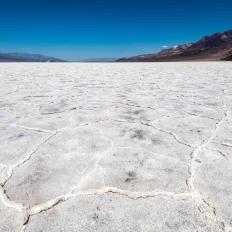
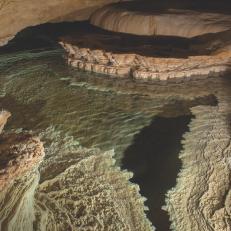
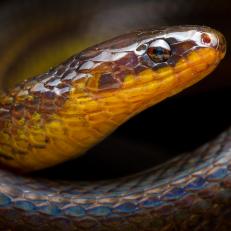
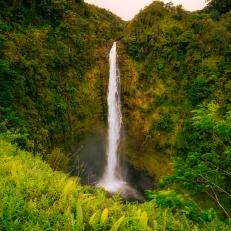
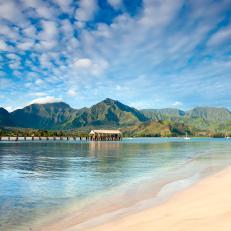
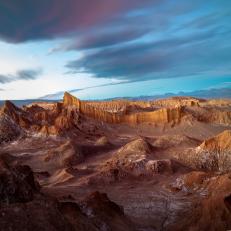



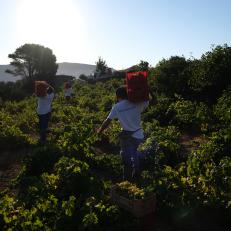

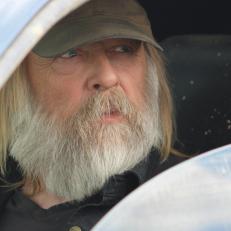

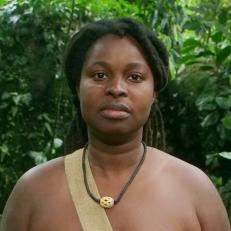

.jpg.rend.hgtvcom.231.231.suffix/1629480570425.jpeg)